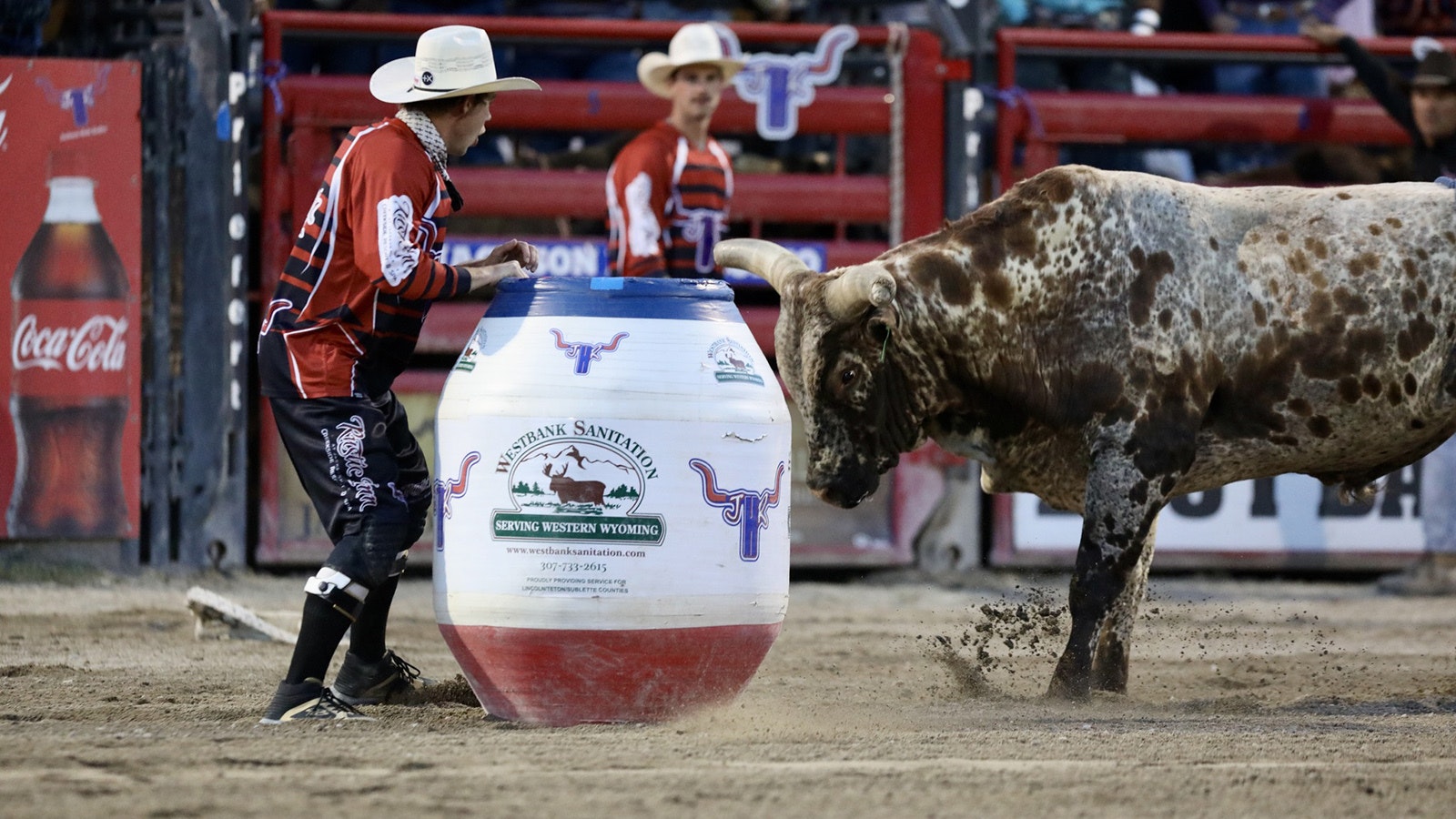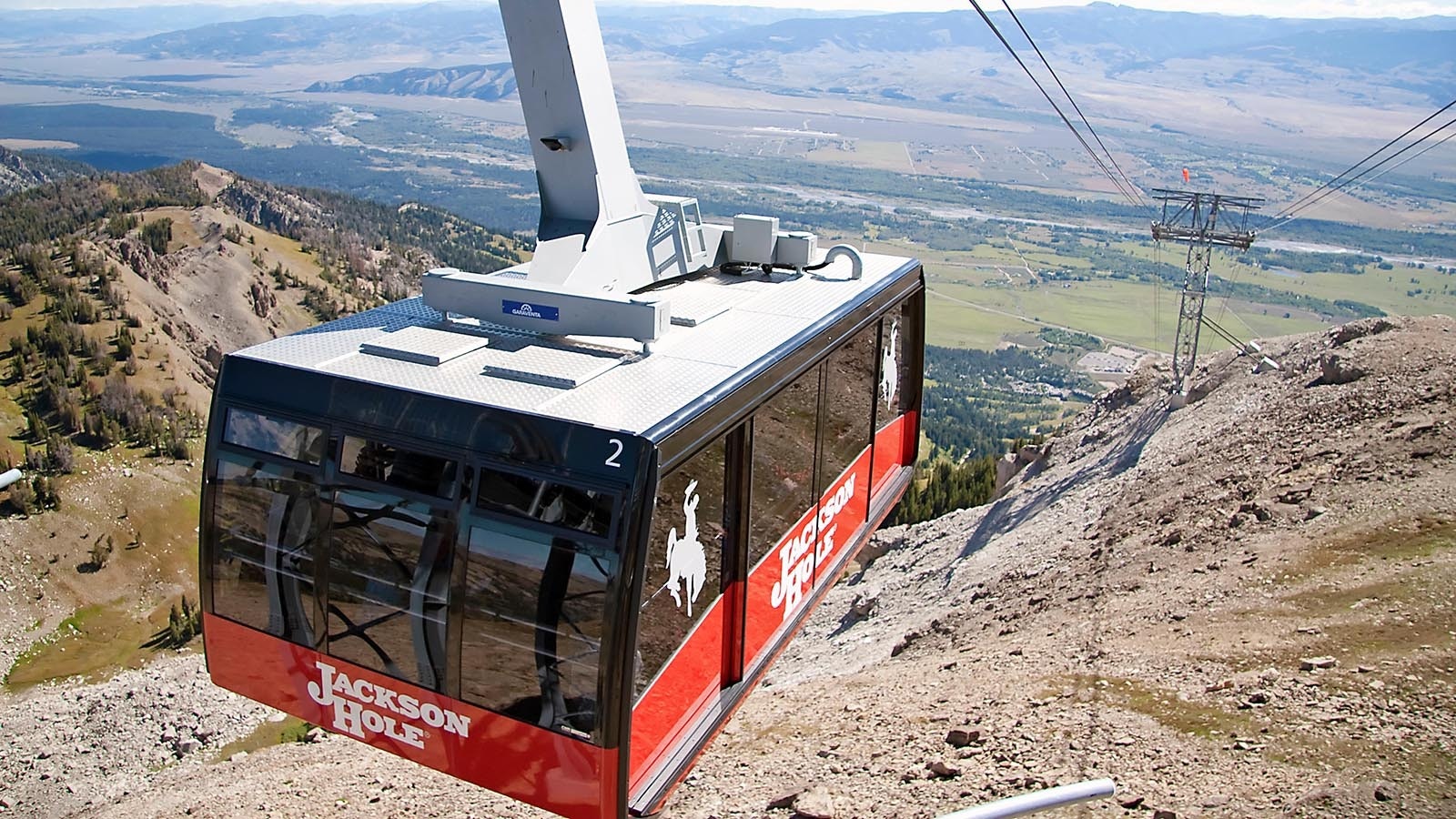A city apartment filled with hundreds of pit vipers and terminally sick dogs were cited as examples for the Wyoming Legislature as concerns about a bill that would preserve rodeos and other activities that include working animals.
Rep. Rachel Rodriguez-Williams, R-Cody, says she sponsored House Bill 95 as a measure to prevent “the deterioration of our Western heritage.”
She was addressing the House Agriculture, State and Public Lands and Water Resources Committee as it considered the “Working Animal Protection Act.”
Her bill would make it so local boards and governments couldn’t put bans on rodeos and other activities that feature animals “just because it doesn’t align with their certain ideology,” Rodriguez-Williams said.
It was drafted in response to a growing number of communities in California that are banning rodeo over concerns for the wellbeing of the animals involved.
House Bill 95 passed unanimously out of the committee with a few amendments.
Not Without Debate
Rodriguez-Williams said HB 95 doesn’t take away local control, despite the fact it prohibits communities from enacting certain ordinances.
But a few people expressed concern during committee testimony Tuesday, like Laramie veterinarian Donal O’Toole, who said the bill may have unanticipated consequences.
He warned that it could eliminate the ability of animal control and sheriff’s offices to deal with animal abuse situations where an owner claims they have working animals.
O’Toole mentioned an example of how a Laramie resident was allegedly found with hundreds of venomous pit vipers in a city apartment a few years back. This person was procuring venom from the snakes to sell to biological companies developing anti-venom.
“I can hear the person who runs that business saying, ‘Well, I keep them under confinement,’” O’Toole said. “I can see a law case arising.”
This struck a chord with Rep. Jon Conrad, R-Mountain View, who requested an amendment to the bill to ensure the health and wellbeing of working animals.
“I think that’s important optics as we pass this bill,” he said.
O’Toole also mentioned a scenario where a dog breeder refused to fence a property despite it being the source of a canine distemper outbreak that fatally infected hundreds of dogs. He suggested narrowing the bill to focus on rodeo.

Chicken Roping
Byron Oedekoven, who heads the Wyoming Association of Sheriffs and Chiefs of Police, brought up another potential flaw in that the bill could circumvent enforcement of certain local ordinances, such as those that prohibit the housing of chickens in city limits.
“Can I house my chickens for the chicken roping in town 364 days a year and use them on the fifth?” he questioned.
Rodriguez-Williams said public health exemptions included in the bill cover these stipulations.
Tom Hirsig, CEO of Cheyenne Frontier Days, spoke in support of the bill, but said it still wouldn’t prevent local governments from banning county fairs overall.
Rodriguez-Williams proposed adding an amendment to include the term “agro-tourism” to make it more all-encompassing, which Rep. John Eklund, R-Cheyenne, did.

Chuckwagon Racing
Hirsig mentioned how chuckwagon racing involves horses that are very thin by nature, not unlike greyhound dogs. He said consideration should be taken for animal rights when putting out legislation like HB 95.
“The public perception of what chuckwagon horses look like – that’s not a great thing,” he said. “A municipality should be able to say, ‘We can’t do this because it is hard on animals.’”
Hirsig said the increased exposure for rodeo on television and the internet has cast the sport into a much more broad limelight, for better or worse.
“Some of the rodeos do a great job portraying their events, some of them are not really ag-minded people and they don’t really understand animals,” he said. “There’s been some things on TV that don’t help the support of rodeo and don’t help Western heritage out.”
Puppies
Rock Springs resident Madhu Anderson spoke against the bill, saying state government should not pass legislation telling local governments what they can and can’t do.
“This bill will prohibit local governments from regulating activities involving our working animals in the community,” she said.
Anderson said in 2018, the city of Rock Springs passed an ordinance prohibiting pet stores from selling puppies to encourage residents to get their young dogs from local animal shelters.
“This local ordinance has helped so much,” Anderson said. “If this ordinance had not passed, I’d still be day and night volunteering in the shelter.”
Conrad said he believes the bill actually adds protections for towns like Rock Springs.
“At this point, I think this is a positive for your business and any other business where people are involved in animal shelters and providing an additional layer of protection,” he said.
Anderson saw his logic, but said if HB 95 had passed before the Rock Springs ordinance was set into place it would have made it illegal.
Rep. Barry Crago, R-Buffalo, passed another amendment making it clear the law would not override any local public health or animal welfare ordinances.
Dream of Californication
Versions of the Working Animal Protection Act have already passed in Oklahoma and Missouri.
“The animal rights groups are working overtime to determine what is considered humane treatment of animals,” said Mindy Patterson, president of the The Cavalry Group, a private member-based company dedicated to protecting the constitutional and private property rights of law-abiding animal owners.
Patterson said these groups want to remove the use of animals from every aspect of life.
Erin Mills, coordinator for Action For Animals, a California-based organization that generally opposes rodeo practices, told Cowboy State Daily that Wyoming should have a law similar to one in California that requires an on-call veterinarian at every rodeo.
Most rodeos in Wyoming already have this even though it is not required by law.
“Seems clear that Wyoming is sorely in need of a little ‘Californication,’” she remarked.
Hirsig mentioned how some of the restrictions put on rodeos in California have not involved banning the events entirely; rather, many of the pieces of equipment used in rodeos.
Eklund spoke to the possibility that an influx of new residents to the state may change its culture.
“As there’s an influx of other people and other ideas, much of our Western heritage gets put on hold, set aside,” he said.





